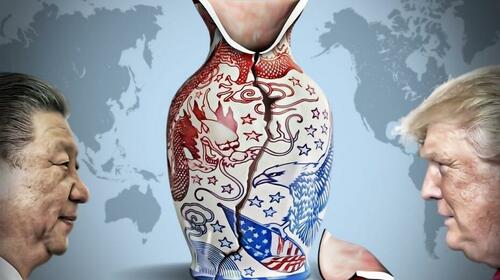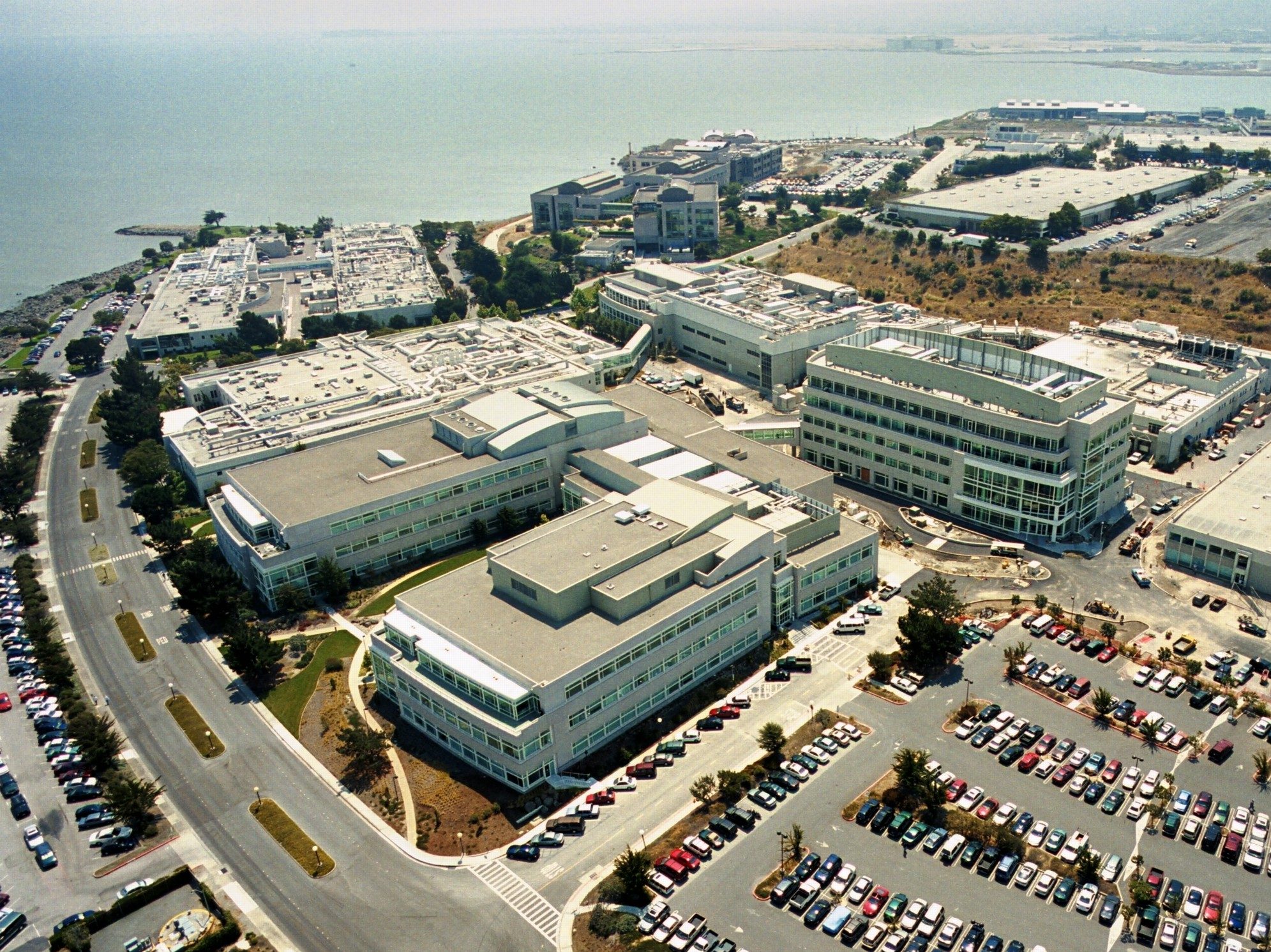French trade unions, exercising their state-granted, state-protected privileges, have been blockading some fuel depots in that country. Many service stations have been running out of gasoline and diesel. Road users who have more need for gasoline (taxi drivers or commuters, for example) are forbidden to implicitly bid up its price in order to divert it from less imperative demands; the market, when allowed to be free, is a continuing and silent auction. How is the prohibition imposed? Gasoline and diesel prices in France are controlled by a government formula on the basis of accounting cost.
What happens then? A first-year economics student should be able to immediately answer: a shortage develops. “Shortage” means that quantity demanded is higher than quantity supplied at the legal price, and the cost of time spent in queues or search or of unsatisfied demand replaces market prices in rationing demand.
Testimonies are clear, but many don’t understand the causes of what is happening (“France Battles to Avoid Winter of Discontent After Fuel Strike Chaos.” Financial Times, October 14, 2022):
In the northern French city of Dunkirk, near a vast fuel depot hit by strikes for the past three weeks, shortages at petrol stations have become so severe that taxi driver Saïd Fertakh has seen his earnings dwindle as he spends time trying to find somewhere to fill up his car.
“It’s becoming a struggle,” Fertakh said after filling up at one newly replenished station, where there was a long line of truckers and other motorists. “I spent an hour in a queue last week. I’ve had to say no to some customers because I needed to find somewhere to refuel.” …
Many Americans should understand: something similar happened here in the early and again in the late 1970s, because of respectively federal price controls and price controls in certain states.
Other consequences follow from, and to extent of, control of prices and production:
But [the government] also resorted this week to rarely used legal orders to force some critical fuel workers back to the depots. The move was sharply criticised by unions and led the CGT to extend its strike to another refinery.
“We seem to be going back to a time of masters and slaves, where you have to work, you have no other choice,” said Benjamin Tanges, a CGT representative at the Total depot near Dunkirk. …
Striking workers can face six-month prison sentences and fines if they do not comply with the so-called requisition orders.
Of course, nobody is forced to work for an oil company and to go on strike (in France, trade unions may not prevent their members from reporting to work during a strike). The CGT representative has it exactly backwards. The CGT (Confédération générale du travail) is a trade union, formerly of communist obedience, now simply socialist. They obviously did not read Friedrich Hayek’s 1944 book The Road to Serfdom, which explained how a state (or its trade-union agents) with the central-planning power to decide what to produce and to impose a “just redistribution” of income would have to direct workers to unfilled jobs. How else to make sure that what the consumers (or the government) want will be produced in the right quantities? Hayek quotes Richard Acland, founder of the socialist British Common-Wealth movement:
It must be the community as a whole which will decide whether or not a man shall be employed upon our resources, and how and when and in which matter he shall work.
In his book Capitalism, Socialism and Democracy, Joseph Schumpeter, who apparently believed that socialism could replace capitalism, suggested that, in an ideal socialist system,
a strike would be mutiny.
We should pity the poor individual who doesn’t have the theoretical tools, or the correctly-interpreted practical experience, to understand not only what economic planning implies but also, more simply, what happens when supply decreases and prices are capped. He sees the resulting shortage as an act of God, or of some greedy capitalists, or of Leviathan who does not do his job of protecting him at the detriment of others. We should make efforts to teach him elementary economics. But James Buchanan is probably right that maintaining a free society requires that individuals understand “simple principles of social interaction,” which entails “a generalized understanding of basic economics”; those who don’t should be willing to defer to those who do understand.















